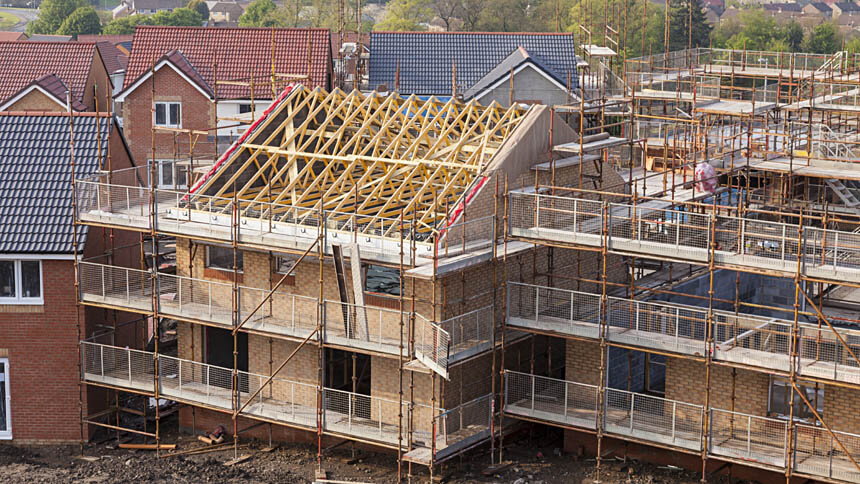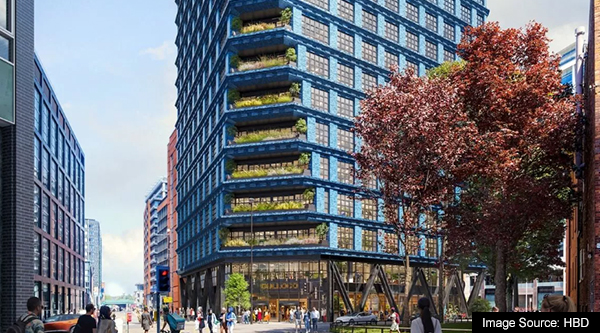The construction industry starts the year in a strong position.
But 2023 will be a tough year for some sectors of the industry as demand falls. However, it has proved itself resilient to many challenges over the past few years.
The Building Cost Information Service predicts:
- A recession with GDP falling 1.2% (2023 on 2022)
- The annual rate of general inflation, as measured by the RPI, to fall to 6.6% at the end of the year
- Interest rates up to 4% by the end of the year
- Fall in new work construction output down 6.2% (2023 on 2022)
- A slight fall (-0.8%) in material price
- Building cost rising 2.5%, due to pressure from labour costs
- Tender prices rising 1.1%
- Public sector demand to hold up
- The latest economic figures suggest that the recession may not be as bad as expected.

Dr David Crosthwaite, Head of Consultancy Services at BCIS, said it’s expected that the government will continue to view capital investment as an engine for growth, which means that existing construction plans should be honoured in the Spring Budget (due on 15th March).
Private sector investment, particularly in housing, is likely to be hit by the double whammy of interest rates and inflation. Housing investment will also be affected by the availability of mortgage finance, falling prices (the Office of Budget Responsibility are expecting a fall of 9%), and the end of the Help to Buy scheme. As a result, we expect housing output in 2023 to fall 18%, compared to 2022.
From April, the government energy support packages for business will be restructured and substantially reduced. This, combined with a lack of an industrial strategy (scrapped in 2021), means construction supply side inputs will continue to be under strain in the year ahead.
The UK economy and the construction industry will be prey to changes in global forces, notably the Ukraine war and its effect on energy prices, as well as the progress of the Chinese economy.
It will be interesting to see whether the pressure on homeowners to install energy-saving measures will increase private maintenance output – or will stretched personal finances, largely due to the increased cost of energy, restrict the growth maintenance output?
The government has promised funds to insulate the least energy efficient homes and other energy saving measures. It remains to be seen whether the take-up will be more successful than previous attempts.
In addition, the United States’ Inflation Reduction Act – a policy providing nearly $500bn package of green subsidies and tax breaks – could draw investment and industry away from the UK. It could also have an adverse effect on global supply chains for key renewable inputs, semiconductors, and batteries.
Chronic shortages of both skilled and unskilled labour – likely to be exacerbated by the prevalence of an aging construction workforce – will create additional pressures.
The capacity to deliver contracts could also be affected by weakened balance sheets with rising levels of insolvency.
With this complex mix of challenges, the construction industry will need to prioritise efficient ways of working, to ensure inflation doesn’t impact on project delivery. This could help viable projects to go ahead and be delivered.




















